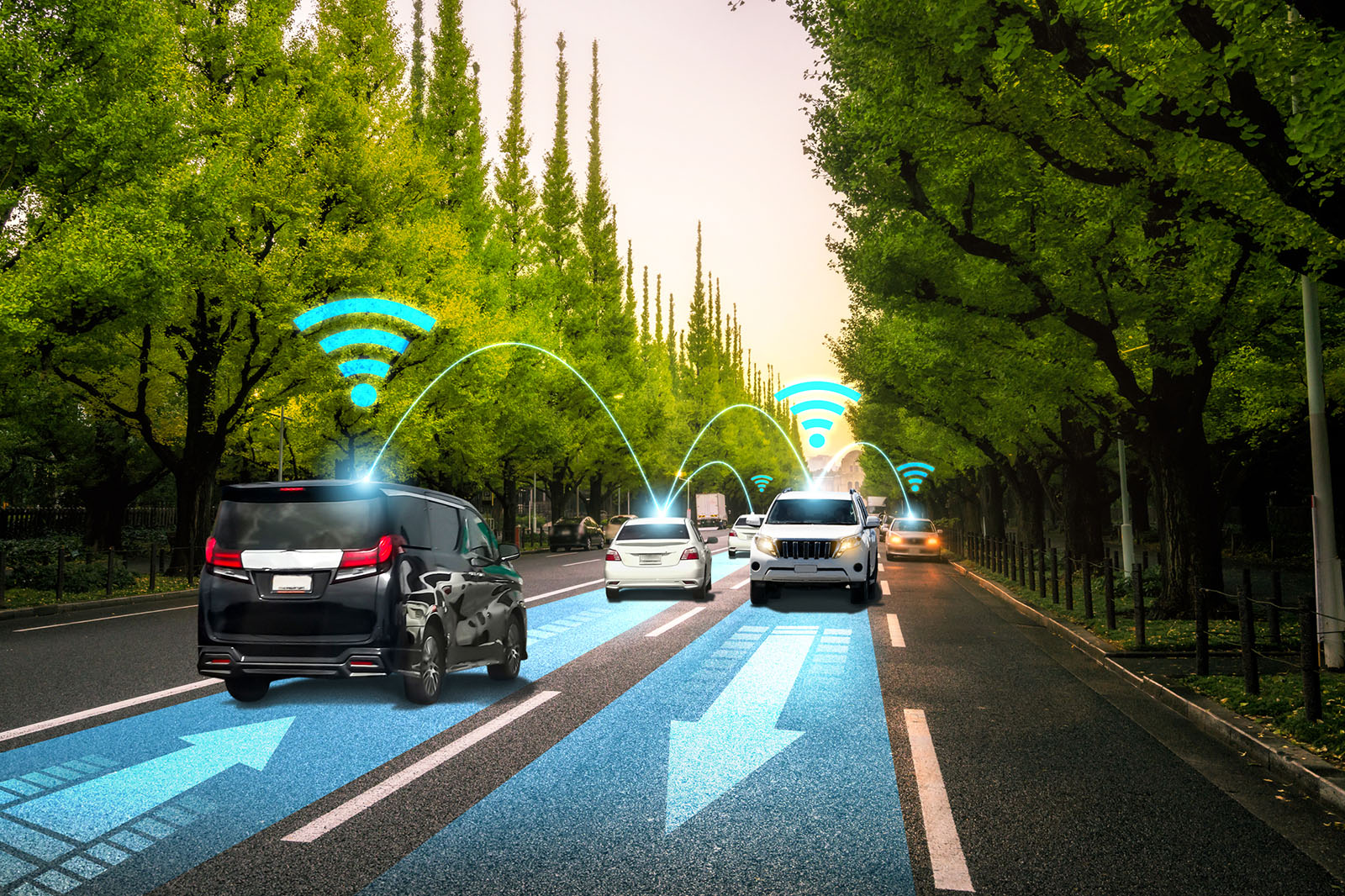
With access to trillions of data points from more than 11 million vehicles, U.K.-based analytics firm Wejo is trying to unlock solutions from the real-time evaluation of that data.
Through partnerships with automotive manufacturers, suppliers and others in the space, Wejo is utilizing a connected car's embedded sensors with the goal of reducing the time lag of created value.
In an interview, founder and CEO Richard Barlow told Newsweek that the applications from sorting through all of this data are virtually endless.
"My mission is data for good," he explained. "It's about having an open conversation. "There are 225 million cars in the world that have this better connectivity, that needs to be a platform to help OEMs build better cars and provide better mobility experiences to drivers."
Currently, according to Barlow, Wejo has a large presence in several major cities. The company sees 7 percent of all vehicle movements in New York, 20 percent in Detroit and 12 percent in Austin.
To date, they've collected more than 477 billion miles.
To do that, Wejo forms partnerships with automakers to install software that captures data from a car's 250 sensors a minute after it's transmitted.
After it's received it's processed and filtered into isolated environments in cloud networks to avoid "cross contamination" with other data sets. In under a minute, that data is sorted into a visualization platform that's available to customers.
Barlow explained that keeping that data secure is embedded into Wejo's culture.
"We have over 900 documented procedures about how we protect data," he said. "It's why I set Wejo up. Wejo means to me 'we journey.' In society there should be an open dialogue with manufacturers and with consumers about the danger in any data. We show the value exchange, show we can be trusted with data."
The company currently has agreements with 17 automotive manufacturers and tier one suppliers to collect and process their data.
For example, the company recently struck a partnership with Hella Gutmann, a European leader in vehicle diagnostics. Using data from that partnership, Wejo can identify maintenance issues quickly
"We've worked with them to identify panel damage on vehicles within 12 centimeters," he said. "We can identify parts failures in near real time."
In doing so, Barlow says that the diagnostic capabilities of the partnership can also improve the insurance claim process.
If sensors can transmit the parts that have been damaged to your insurance provider, a claim can get started and parts could be on order before your vehicle even arrives at the body shop.
Those improvements can reduce what's called "claims leakage," an industry term for the dollars lost through inefficiencies of the claims management process.
Wejo is also working with Microsoft to improve the tech giant's mapping software through the use of live vehicle data.
"By seeing live vehicles, we can detect if roads are closed, we can detect if lanes are closed and we share live insights back to Microsoft," he explained. "That can lead to a better Azure or better Bing Maps product."
The company is also anticipating the standardization of autonomous vehicles (AV). Developing systems of communication for those vehicles, Barlow says, is important for understanding AV behavior when nobody's at the wheel.
"We're developing a communication stack to enave AVs to communicate with each other," he explained, adding that it will be just as helpful for AVs to have data on how drivers in non-automated cars would react in any given situation.
He says that current limits in AV technology can be overcome with greater access to data.
"Until you actually have broad availability of data, broader understandings about how driving cars are going to behave in certain environments, AVs will not become mass market," he argued. "We're going to enable that to happen with the data asset we've built."
Uncommon Knowledge
Newsweek is committed to challenging conventional wisdom and finding connections in the search for common ground.
Newsweek is committed to challenging conventional wisdom and finding connections in the search for common ground.
About the writer
To read how Newsweek uses AI as a newsroom tool, Click here.








